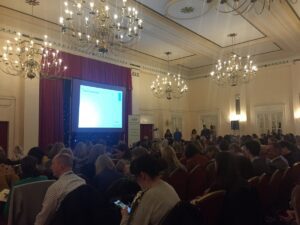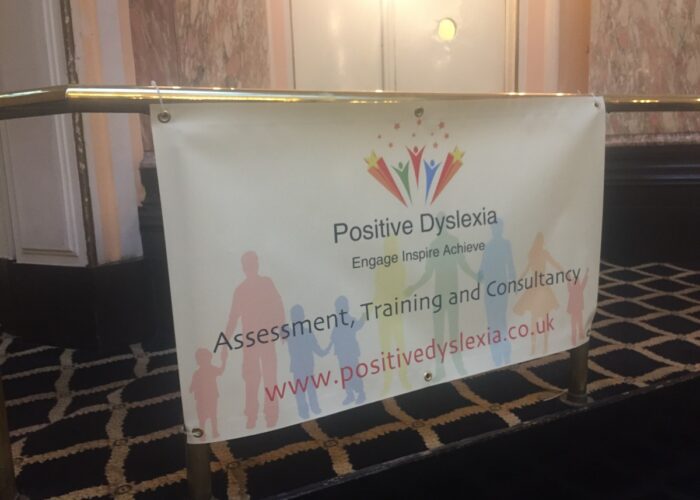
Raising awareness on the problems associated with dyslexia was top of the agenda at a conference in Liverpool on Friday.
Positive Dyslexia, an organisation that aids teachers, parents and people on the spectrum held their first conference at the Adelphi Hotel.
The event brought in around 200 attendees, and featured numerous talks from professionals and specialist teachers.
A focus was placed on neurodiversity which is the belief that people with learning disabilities should have the same opportunities, be recognised and respected just as those who do not.
Katrina Cochrane, former head of education at the British Dyslexia Association, created Positive Dyslexia after leaving the BDA.
She told JMU Journalism: “I’ve done a lot of work around Liverpool myself, through the British Dyslexia Association.
“I ran a project in the youth offending teams in Liverpool. I realised it’s an area that not much goes on in terms of dyslexia. I go to a lot of schools where there’s a huge need for teachers who know how to teach those with dyslexia.”
Katrina trains teachers, assesses those thought to be on the spectrum and offers parents help with their children who have been diagnosed.
Twitter: Danielle Wilson
https://twitter.com/daniellewils99/status/1192750676004216832?s=20
She continued: “I’m a trained specialist teacher, when I first did my training I was teaching English in a secondary school, and it had so many children with dyslexia and we didn’t know how to support them.
“I went back and completed an additional course. There was nothing on the initial teaching course about dyslexia – 20 years later there still not a huge amount. I know these sorts of teachers going into their classes not really being able to help a child with dyslexia, or not fully able to.”
Neil MacKay, CEO of Action Dyslexia and creator of the ‘dyslexia friendly schools’ concept spoke at the conference. He told JMU Journalism: “Teachers need more training to support those on the dyslexia spectrum, without a doubt.
“It’s certainly true that this area doesn’t get the attention it deserves. It’s shame because dyslexia touches probably a fifth of the population, that means that up to six kids in a class of 30 are on the spectrum, and they will not succeed unless the teacher knows what they’re doing.”
Positive Dyslexia hopes to bring the conference back to Liverpool in years to come after the response they’ve received.

